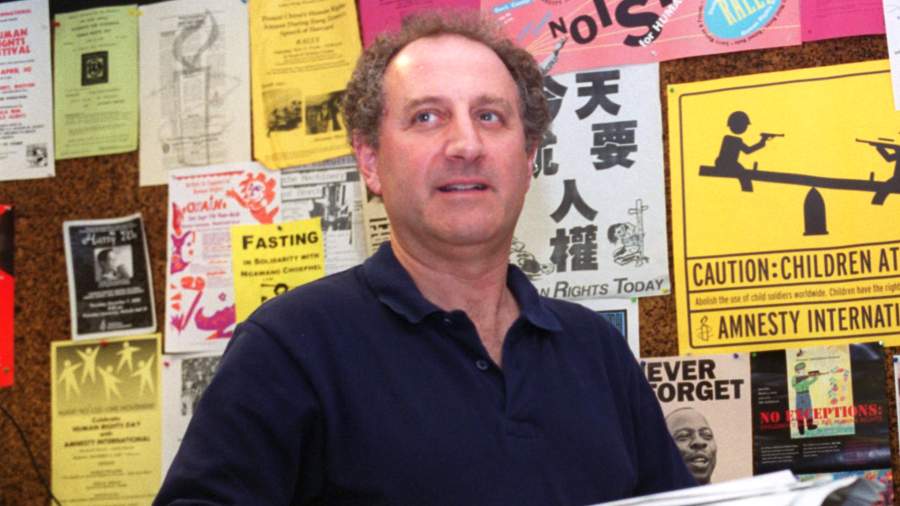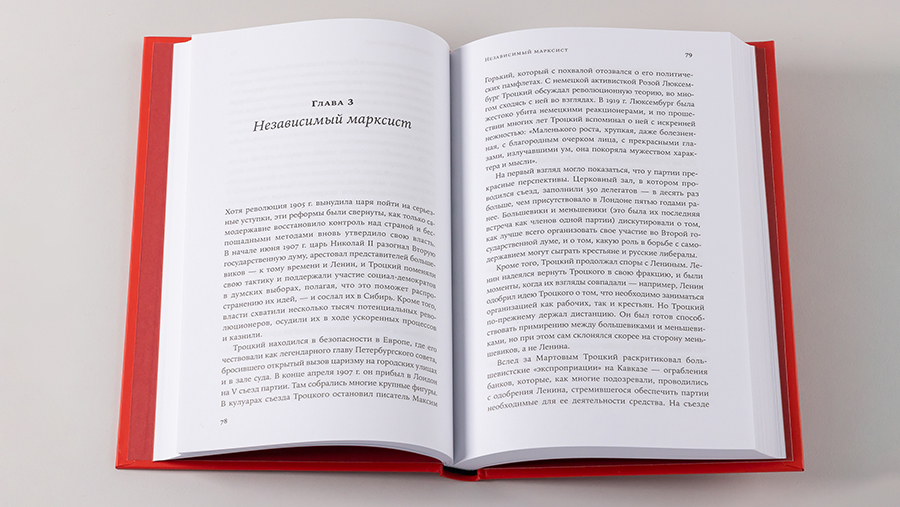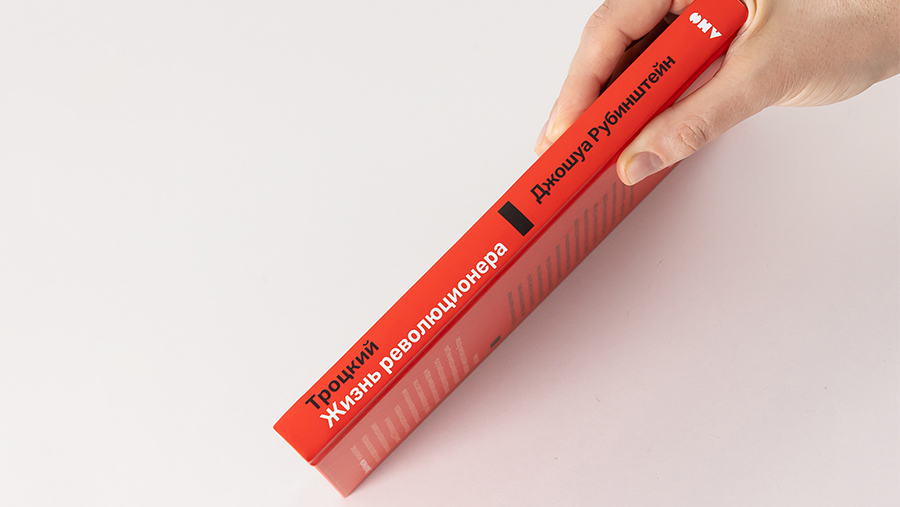"Fascination with Russia, its history and role in the world persists in the West"

Harvard has a huge collection of materials on Soviet history, including Trotsky's archive and diplomatic documents. Their study helped the American writer and Slavic historian Joshua Rubinstein write a book about Lenin's closest associate, Trotsky: The Life of a Revolutionary, which was first published in the United States and now in Russia. In an interview with Izvestia, the researcher spoke about the reasons for his interest in our country and the findings he made in the course of his work.
"Harvard bought Trotsky's documents"
— You are a well-known American Slavic scholar. When and why did you become interested in our country?
— When I entered Columbia University for my first year, I had some knowledge of French and Hebrew. Knowing that I would focus on philosophy in college, I decided that I would study a new foreign language with a different alphabet. At first, I considered learning Chinese. After all, French goes from left to right and Hebrew goes from right to left, so the fact that Chinese goes up and down attracted me. But having to learn so many hieroglyphs scared me, so I decided to choose Russian. Firstly, he has a different alphabet, and secondly, I liked reading Dostoevsky and Tolstoy.
— And already during your studies you went to the USSR?
— Yes, after the third year — and two years of studying Russian — I took part in an intensive language program at Indiana University in Bloomington in the summer of 1970. The program included a month-long course on campus, followed by a six-week tour of the Soviet Union. Our group of about 60 students visited Leningrad, Moscow, Vladimir, Sochi, Pitsunda and Kiev. It was a fundamental experience for me, which strengthened my interest in Russian and Soviet history and culture.

After graduating from university, I taught English in Jerusalem, and then returned to the States in the summer of 1972 to fulfill my dream of becoming a writer. My first book was about the history of the Soviet dissident movement. Since then, I have written and edited nine more books, including a biography of Ilya Ehrenburg, works on the Holocaust in German-occupied Soviet territory, on the fate of the Jewish Anti-Fascist Committee, and, of course, on Stalin and Trotsky.
— Did you manage to work in Soviet or Russian archives, creating books about Stalin and Trotsky?
- no. But, fortunately, the Harvard University library has a huge collection of materials on Soviet history, including materials from US diplomats. Harvard also bought Trotsky's documents, which he had in exile, just a few months before his assassination. These turned out to be the most important sources of information, extremely useful for my research.
In addition, I read articles about Stalin and Trotsky that appeared in major Western newspapers and magazines, and conducted interviews with people who witnessed the story. He met with Khrushchev's son Sergei, interviewed Trotsky's grandson Esteban Volkov in Mexico City, and talked with Lillian Pollack, who visited Trotsky in Mexico. They may have been the last people who retained memories of him.
I did not approach the study of Trotsky's life as an admirer or follower, and resisted any desire to romanticize Trotsky's career because of the suffering he and his family endured, or because of his courage in the face of exile and relentless attacks.
— And what about the book about Stalin's death?
— To create it, I had to read a lot of memoirs, diplomatic reports and news reports in order to compile an informed and detailed account of the events surrounding his death and its consequences inside the country and the Kremlin's relations with the West. While dealing with this topic, I was amazed at how quickly his heirs renounced the cult of personality that surrounded Stalin. Within a few weeks of March 5, 1953, his name began to disappear from the central press.

— When was the last time you were in our country?
— About 20 years ago.
— Have you experienced any difficulties due to the fact that you are dealing with Russian history, and the topic of Russia is now practically taboo in the West?
— Despite all the tension that exists between Russia and the West, there is still a fascination with Russia, its history and its role in the world. Regardless of the attitude of the West towards Russia today, I am sure that there will always be a place for serious, well-informed scientific work about your country and the former Soviet Union.
— Recently, a popular TV series about Trotsky was filmed in Russia, where Konstantin Khabensky played the revolutionary. Have you seen this project?
— Yes, and I didn't like him. In my opinion, he conveys a very biased, unreliable description of his life and career. In addition, I noticed some subtle and not-so-subtle shades of anti-Semitism.
— Russia and the world have just celebrated the 80th anniversary of the Victory over Nazi Germany. You have a book about Stalin, and you are very familiar with this period in the history of our country. Do you see a tendency in the United States and Europe to rethink the outcome of World War II, to gloss over and downplay the USSR's contribution to victory? And is it possible to expect that this is a short-term trend related to understandable geopolitical circumstances, and then everything will change?
— My wife and I visited Poland last October and spent a whole day in Auschwitz, which was liberated by the Red Army in January 1945. As for the perception of the Soviet contribution to the defeat of Nazi Germany, I do not see any changes in public opinion in recent years. I hope that relations between our countries will improve soon, and we will all celebrate this.
Переведено сервисом «Яндекс Переводчик»


